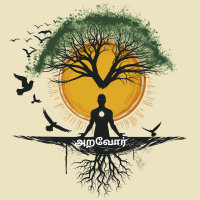Questioning and analyzing beyond superficial appearances reveals deeper truths. For instance, a plain-looking rock might seem unremarkable, but questioning its origin, composition, and significance could unveil its role in geological history or cultural symbolism. Similarly, in human interactions, someone may appear happy outwardly, but exploration might reveal hidden struggles. This principle emphasizes the importance of curiosity and critical thinking in unraveling truths concealed beneath surface impressions, guiding us to deeper understanding and insight.
Irrespective of an object’s appearance or form, it is essential to question, analyze, and explore in order to uncover the truth within. #355
Incorporate critical thinking by questioning assumptions and seeking diverse perspectives. For instance, when faced with a problem, examine it from various angles before jumping to conclusions. Practice active listening to understand others beyond their outward expressions. Cultivate curiosity by exploring topics beyond your immediate interests, fostering a broader understanding of the world. Embrace challenges as opportunities for growth, reframing setbacks as learning experiences. By consistently questioning, analyzing, and exploring, you’ll develop a deeper understanding of yourself and the world around you, empowering you to make informed decisions and navigate life’s complexities with confidence.

Rationality = “logical” or “reasonable?”
Recommending to make decisions based on reason rather than emotion.